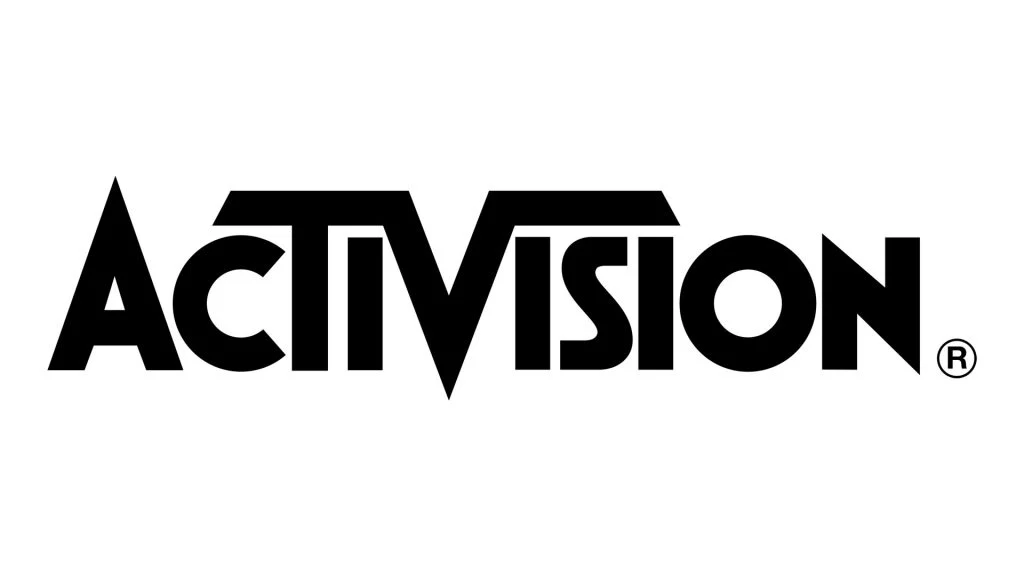The Competition & Markets Authority, or CMA, just released findings that the Microsoft Activision acquisition may harm competition, according to a press release from the regulator.
In an over a year-long process, the Microsoft Activision Blizzard merger is facing more hurdles as the UK regulator; the CMA has found that the merger could “make Microsoft even stronger in cloud gaming, stifling competition in this growing market and harming UK gamers who cannot afford expensive consoles.”
This is perhaps not the first thing many would think of as a reason for why the merger may not go through, but it is a valid one.
According to a press release from the CMA,
“The evidence available to the CMA currently indicates that Microsoft would find it commercially beneficial to make Activision’s games exclusive to its own cloud gaming service (or only available on other services under materially worse conditions). Microsoft already accounts for an estimated 60-70% of global cloud gaming services and also has other important strengths in cloud gaming from owning Xbox.”
The release also goes on to cite Call of Duty, the flagship title from Activision, and the role that it has had in driving competition between consoles. The prospect of that game becoming an “Xbox exclusive” is not one that the CMA finds positive for gamers across the UK.
Ultimately, the regulator found that this merger would hurt competition, though that finding is not without its caveats. They conclude by saying,
“We have also today sent the companies an explanation of how our concerns might be resolved, inviting their views and any alternative proposals they wish to submit.”
This statement leaves the door open for both companies to commit to a course of action or strategy that would not do harm to fans of the games. This, generally, is a good thing for gamers, as having restricted access to your favorite titles because you have the wrong system is a reality most gamers don’t want, especially if that game is Call of Duty.
Does the CMA Have Authority in the UK?
According to the gov.uk website, the CMA,
“investigate mergers that have the potential to lead to a substantial lessening of competition. If a merger is likely to reduce competition substantially, the CMA can block it or impose remedies to address those concerns.”
The Competition & Markets Authority also has the power to fine companies for violating standards and has, recently, to the tune of €35 million in the case of one drug manufacturer.
The merger itself has faced a series of hurdles, and this probably won’t be the last speed bump in the road. However, just because the CMA is vocally against the merger doesn’t mean it still won’t happen in the UK, especially if both companies address the organization’s concerns in a meaningful, good-faith manner.
We’ll be following this story in our News Section.





